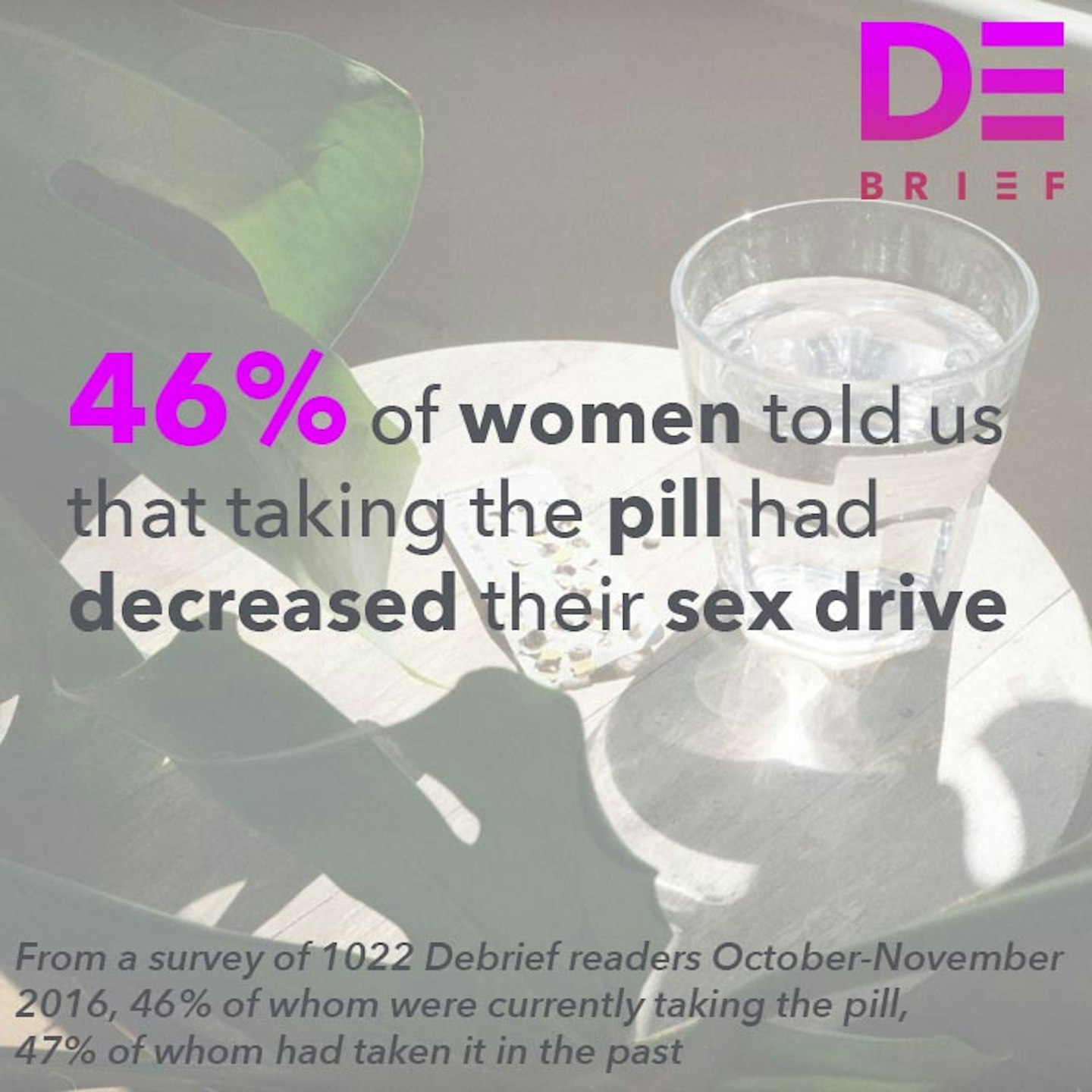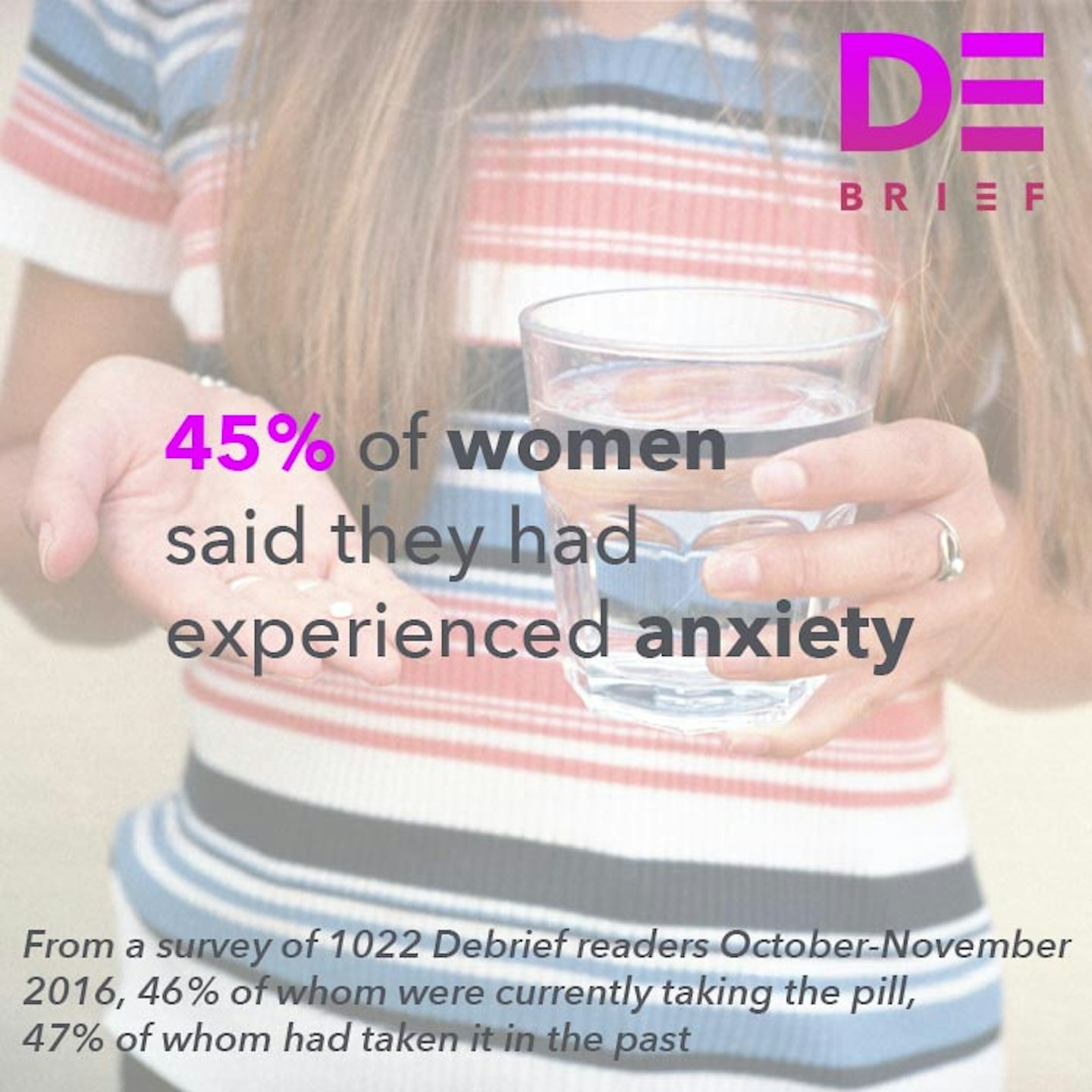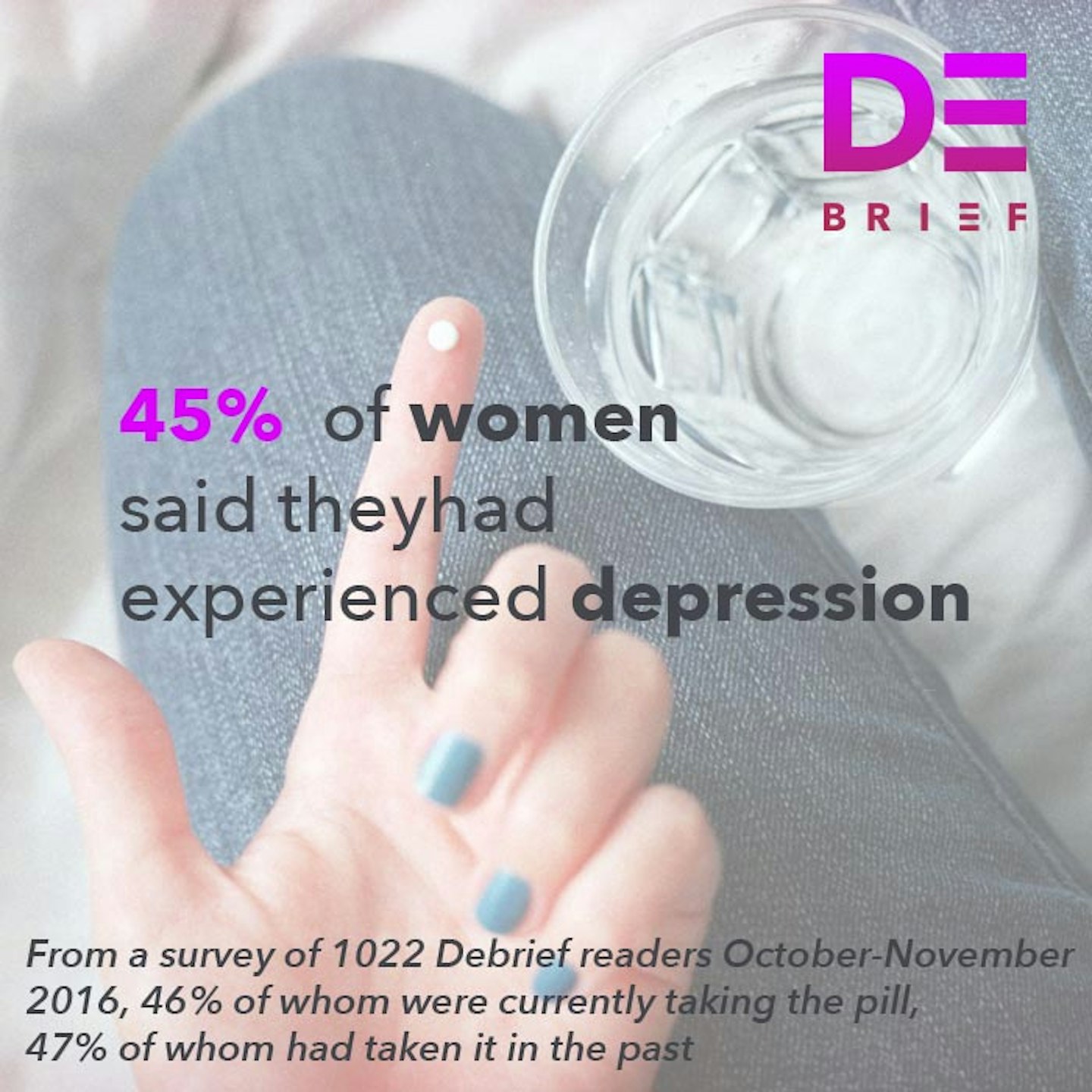Six in 10 managers are not receiving training from their workplace about how to handle mental health and wellbeing issues, new research has uncovered. It comes in the wake of mass online appeals for greater support in the TV industry after Love Island star Mike Thalassitis was tragically found dead in a woodland aged just 26.
Tributes to the former footballer led to a series of pleas from reality TV stars for better pastoral mental health care. According to new research, it’s not only those working in the entertainment industry that are ill-equipped to deal with mental ill-health. A poll by the Institution of Occupational Safety and Health alongside Management Today found that only 31% of managers had been sufficiently trained to recognise symptoms of mental ill health.
Polling 400 employees and managers, the study concluded that 57% found their organisation to offer no mental health and wellbeing support or training. Of those that did, 79% said it was optional. According to IOSH head of advice and practice Duncan Spencer, the integral role line managers play in spotting and supporting staff suffering from mental ill-health is not being taken seriously enough.
‘Line managers are vital in creating workplaces that are positive for people’s mental health and wellbeing,’ he said, ‘what the survey findings tell us is that there’s still much to be done in convincing businesses they need a ‘prevention first’ approach to managing mental health and wellbeing.’
Only when line managers can understand how to identify and manage staff with mental ill health can work environments improve and eradicate the stigma attached, the body argues. Finding that 80% of employees are scared to highlight mental health concerns because of negative perceptions and capability concerns, the study also showed that 30% felt they’d be treated differently should they speak out.
Click through for statistics about how the contraceptive pill can impact your mental health
Debrief Mad About The Pill Stats
 1 of 9
1 of 9Debrief Mad About The Pill Stats
 2 of 9
2 of 9Debrief Mad About The Pill Stats
 3 of 9
3 of 9Debrief Mad About The Pill Stats
 4 of 9
4 of 9Debrief Mad About The Pill Stats
 5 of 9
5 of 9Debrief Mad About The Pill Stats
 6 of 9
6 of 9Debrief Mad About The Pill Stats
 7 of 9
7 of 9Debrief Mad About The Pill Stats
 8 of 9
8 of 9Debrief Mad About The Pill Stats
 9 of 9
9 of 9Debrief Mad About The Pill Stats
‘Businesses need to be working hard to break down the taboos surrounding mental health and creating more open lines of communication,’ Spencer continued, ‘They need to be supporting their managers to fulfil their role by equipping them with the skills and knowledge to promote positive mental health, but without placing unrealistic expectations on them. In return they will reap the rewards of happier, healthier, more engaged and productive employees.’
Stating that training should cover identifying and managing the signs of mental ill health, the body also advises to include what the causes can be, and how to advise staff on further support if they need it. Their white paper, which advises managers and organisations on doing this, has been published online.
Supporting the evidence that Grazia’s ‘Where’s Your Head At’ campaign rests on, this research adds to the long overdue need for mental health to be treated as equally as physical first aid in the workplace.
Since launching the campaign in May last year, the Where’s Your Head At petition to have mental health first aiders at work has received over 200,000 signatures. We’re hoping to make it a legal requirement in every workplace or college but we need your help. Please sign the petition at wheresyourheadat.org and use the hashtag #WheresYourHeadAt to support the campaign.
